
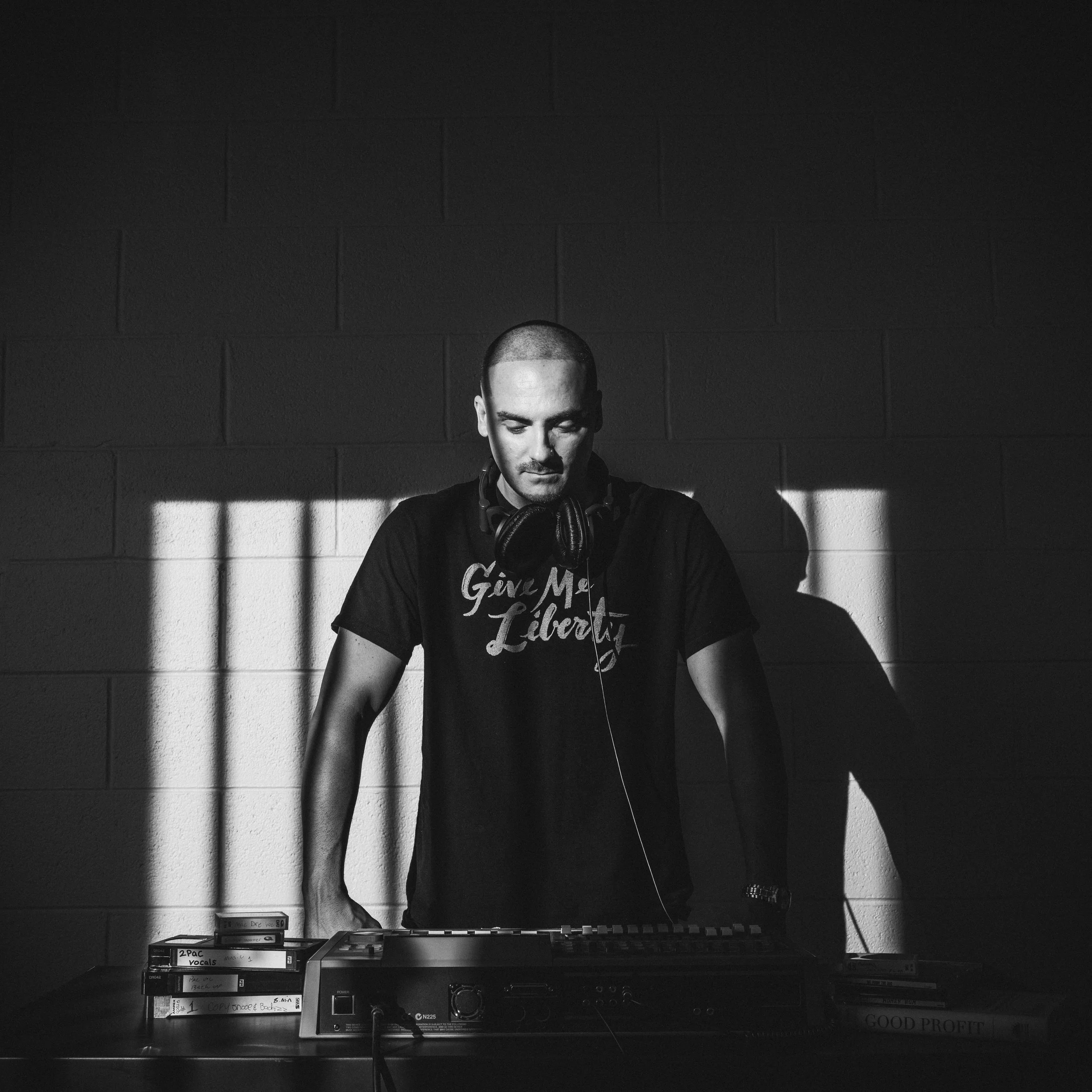
Mission
THE WELDON PROJECT is dedicated to funding social change and financial aid for those who are still serving prison time for cannabis-related offenses. Through extensive partnerships throughout the legal Cannabis industry, THE WELDON PROJECT launched the MISSION [GREEN] initiative to raise the bar for awareness, social justice, and social equity by providing unique ways for cannabis businesses and consumers to participate in a nationwide campaign aimed to provide relief to those who have been negatively impacted by prohibition.
“What Weldon does, so powerfully, is draw attention to all the things that are broken about this system—so much of it he represents in his one story about how the system has become a perversion of justice.”
Sen. Cory Booker | “UNLIKELY ALLIES”
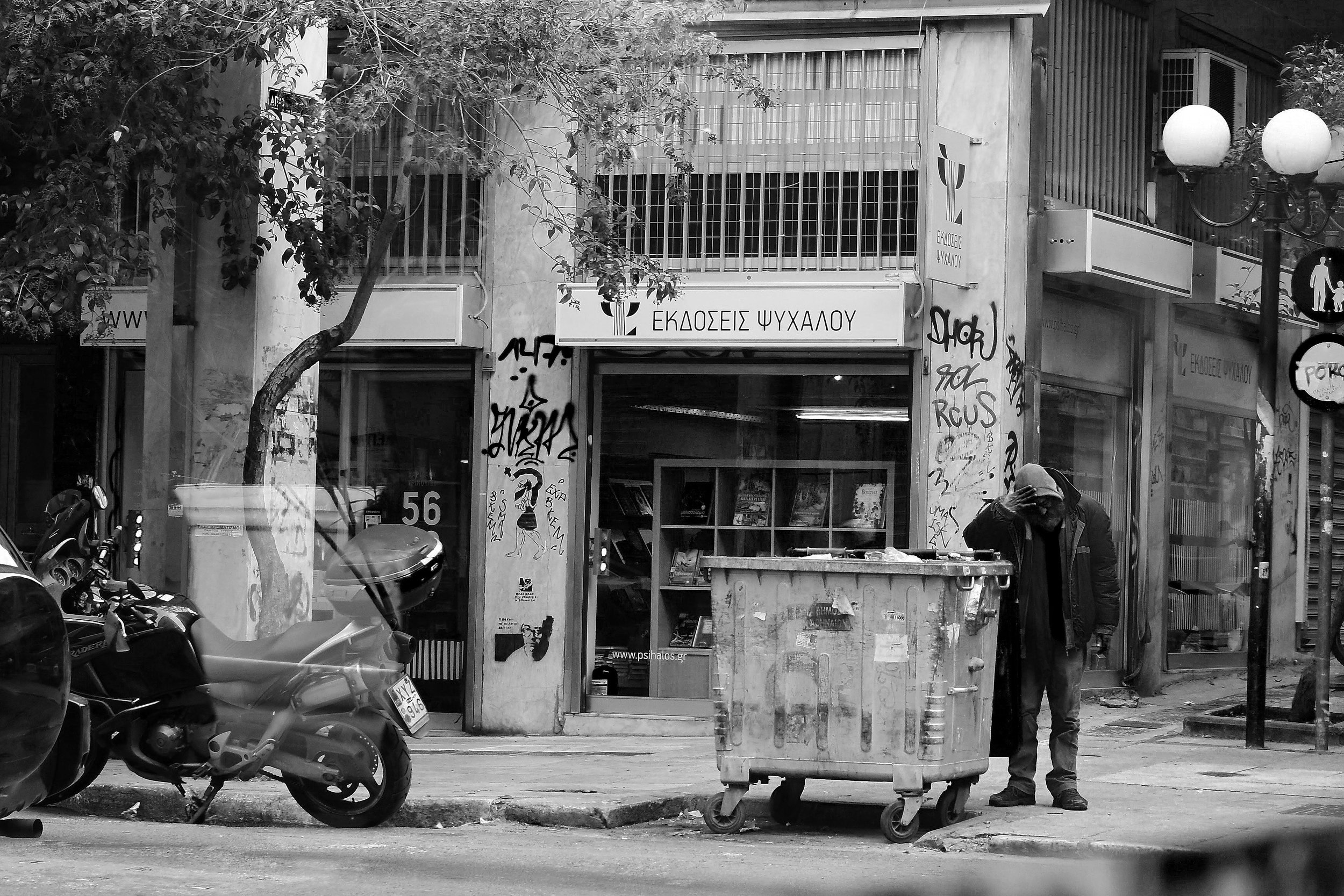
Weldon’s Story
In 2003, a low-level cannabis case would end Weldon Angelos’s budding and promising career in the music industry. But it would also give birth to a national movement to reform our country’s criminal justice system, uniting far right conservatives like Senators Mike Lee (R-UT) and Rand Paul (R-KY) and billionaire Charles Koch with liberals such as musicians Bonnie Raitt, Alicia Keys, and Snoop Dogg.
Weldon Angelos was a “rising star” whose world was turned upside down when he was targeted by a confidential informant and a local drug task force in sting operation that, according to The Nation, “reeked of entrapment.” At the age of 23, Angelos was an upcoming music producer and recording artist who had worked closely with luminaries like Snoop Dogg and Tupac Shakur’s recording group. He was preparing to release albums that included stars like 2Pac, Snoop, P!nk, and Nas. But he was also selling cannabis on the side to help pay the bills until his music ventures stabilized, which, coupled with his connection to the so-called “gangsta rap” music industry, made him the perfect target for local authorities in his hometown of Salt Lake City, Utah and ultimately put him in the federal government’s cross hairs.
Weldon sold $300 worth of cannabis to the confidential informant on three occasions. Utilizing the ever-expanding federal criminal code, prosecutors turned the three small transactions into 20 distinct federal crimes, including five counts that mandated 105 years of prison time if convicted. This would radically alter the fate of Weldon Angelos.
He was arrested, tried, and convicted in federal court on 16 of the 20 counts and was ultimately sentenced to a mandatory 55 years in federal prison without the possibility of early release. The federal judge who was forced to impose the draconian punishment—a conservative George W. Bush appointee named Paul Cassell—described the sentence as “cruel, unjust, and even irrational” and courageously spoke out against the sentence and urging a presidential commutation. To rescue himself from his own conscience, Judge Cassell resigned from a life-time appointment to the federal bench to advocate for Angelos’s release.
Weldon Angelos became a “national cause célèbre,” the symbol for justice reform for liberals and conservatives alike. In 2016, after an unprecedented, bipartisan campaign to secure his freedom by elected and appointed government officials, celebrities, advocates, business leaders, and myriad of media outlets like the Washington Post, Angelos was finally released from prison after serving 13 years for a first-time, cannabis-related offense. In December of 2020, he was fully pardoned by the President.
Weldon’s story epitomizes the potential for a revolution when unlikely allies join forces to effect change. As noted by the New York Times, the story of Weldon Angelos “spurred intense soul-searching” and sparked a movement that would unite the most interesting figures in politics and entertainment—driving his story onto the front pages of leading news outlets.
And now that Weldon is free, he is working to reclaim his life, but remains dedicated to the fight to end marijuana prohibition, the war on drugs, and mass incarceration. Thousands of people are still lingering in federal and state prisons across the country serving cannabis-related sentences, mostly people of color, while cannabis companies across the country are profiting from the medical and recreational cannabis industries.
Since his release, Angelos has become a leading criminal justice reform advocate and was instrumental in the passage of the First Step Act and helped secure the releases of former Bad Boy Records rapper Loon and the co-founder of Death Row Records, Michael “Harry O” Harris. He also played a key role in President Trump’s final clemency grants of nearly a dozen individuals who were serving life sentence for cannabis. Angelos and is now working with the Biden administration to create a clemency program for cannabis offenders. Recently, Angelos was called to testify before the Senate Judiciary Committee at the first ever hearing on ending federal cannabis prohbition in the Senate and was called a “legend” by Senator Dick Durbin (D-IL) because of the impact Angelos’s case and story has had on criminal justice reform efforts over the last 20 years.
Ready to help?
Partner
—
Donate


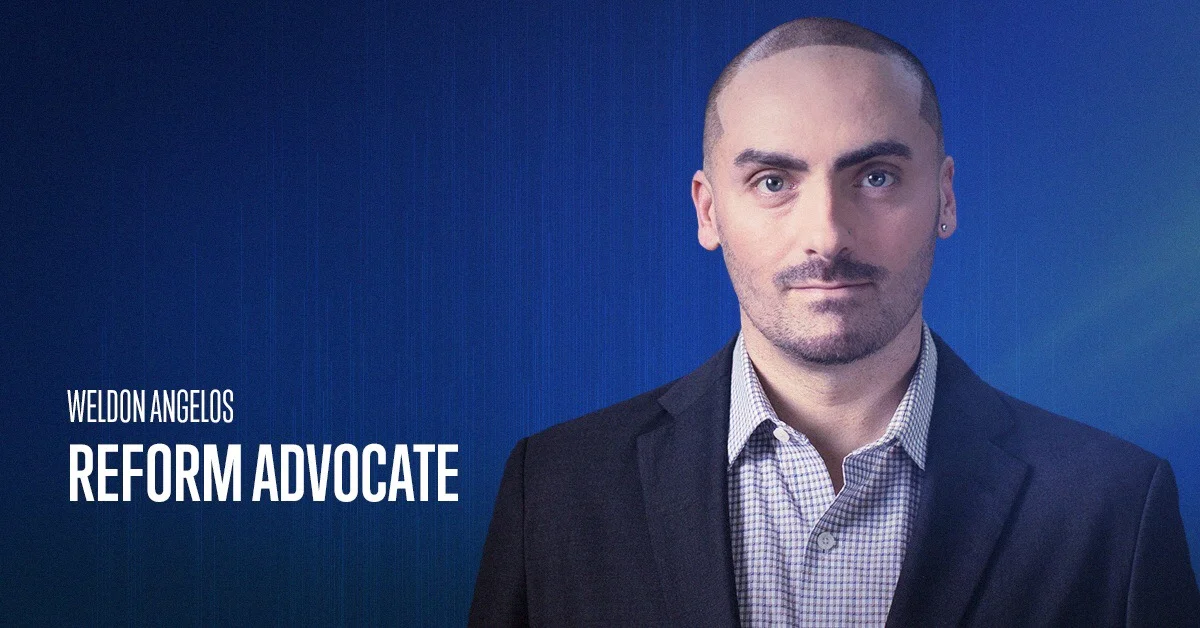
w/Cory Booker
Screening Documentary


















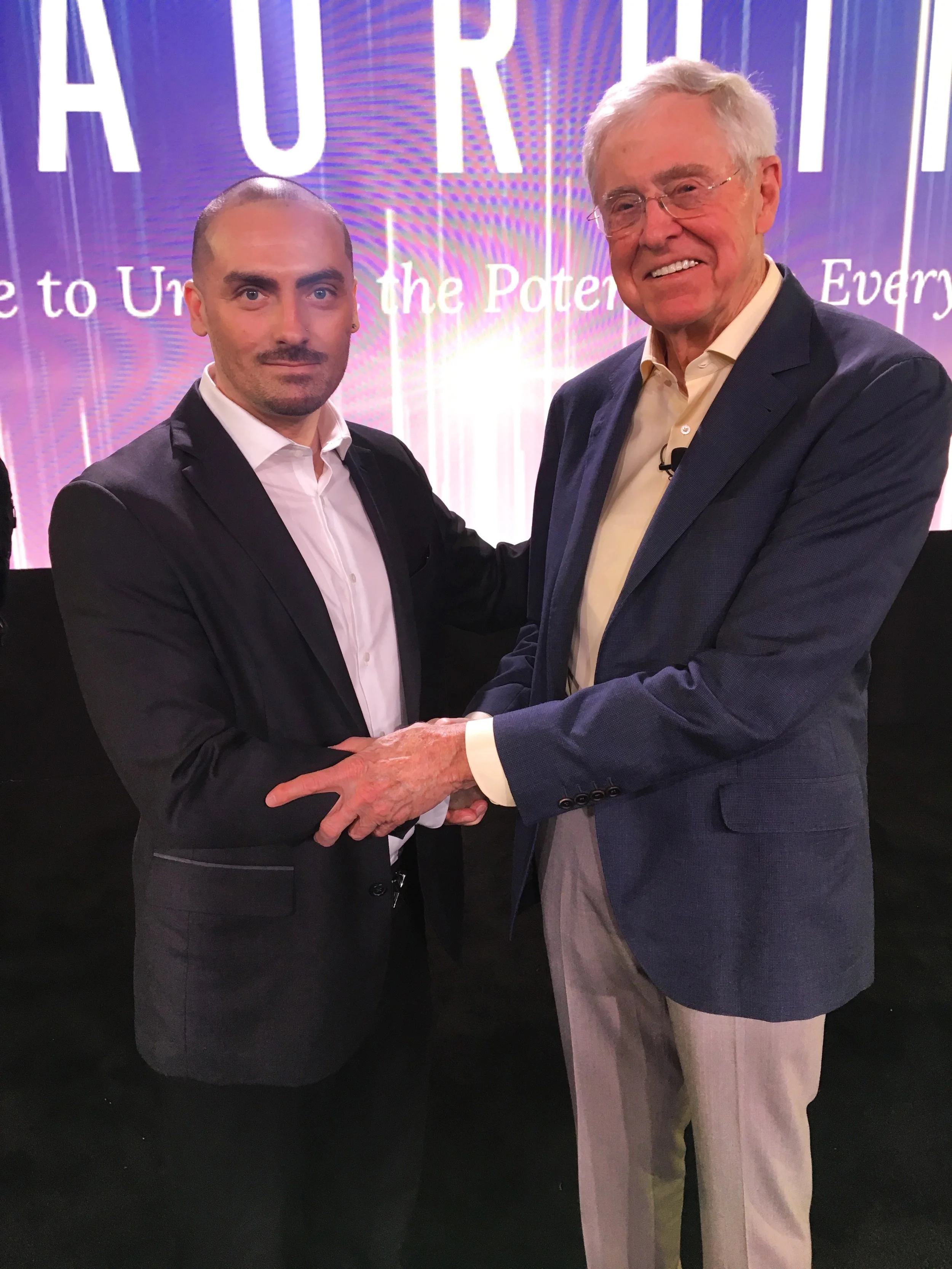
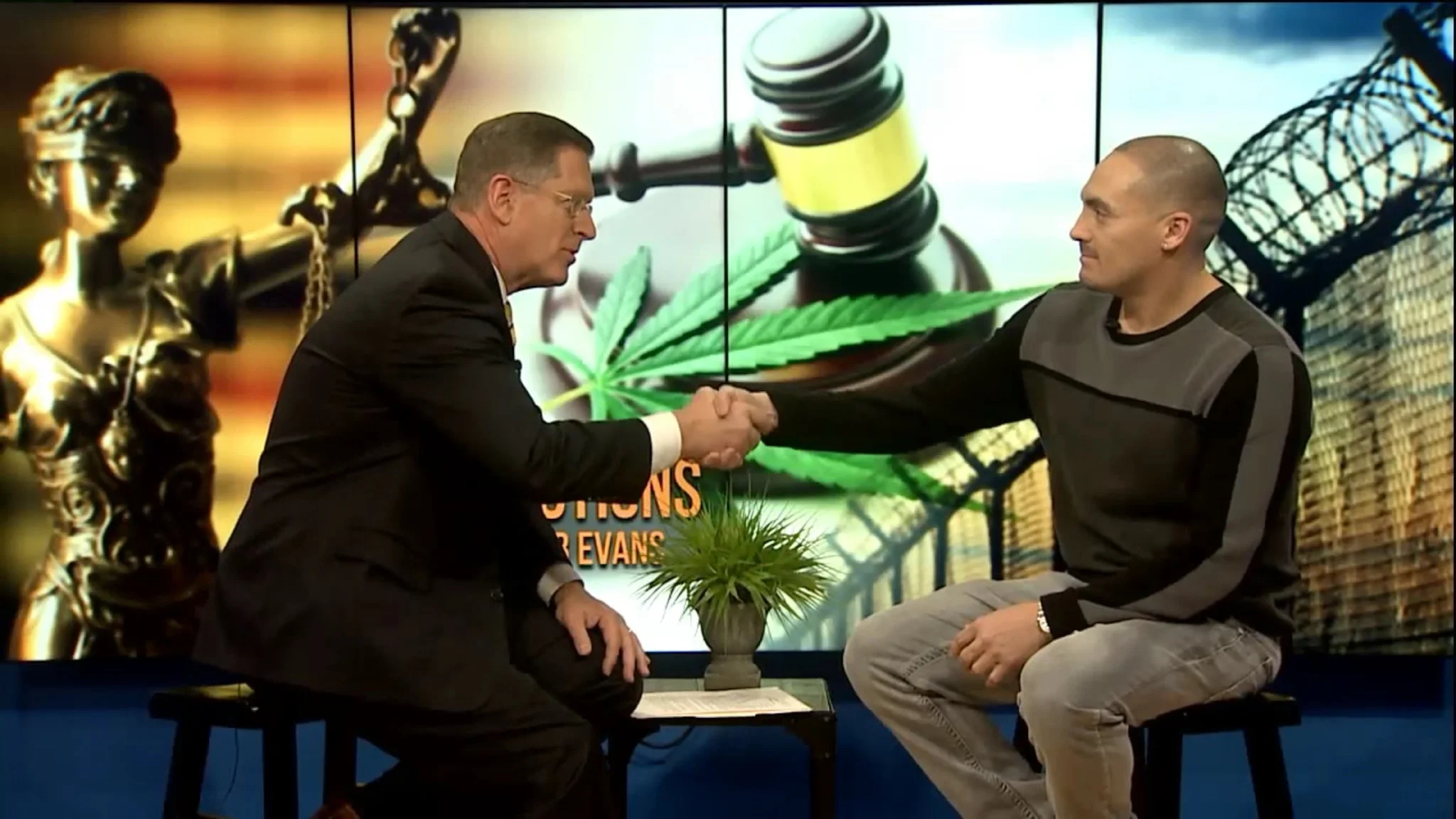
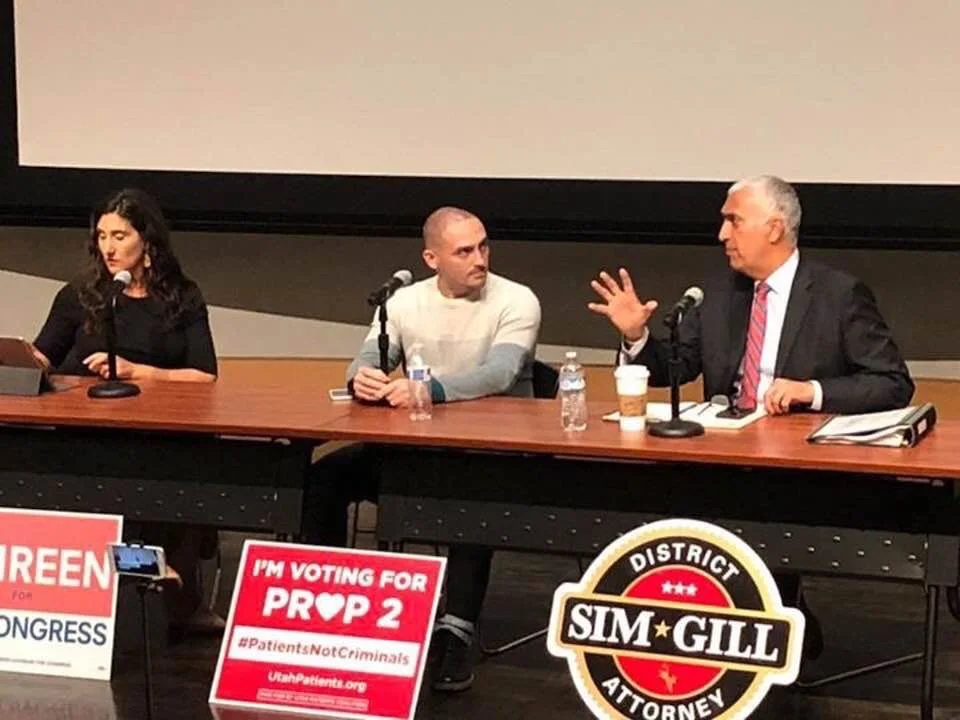
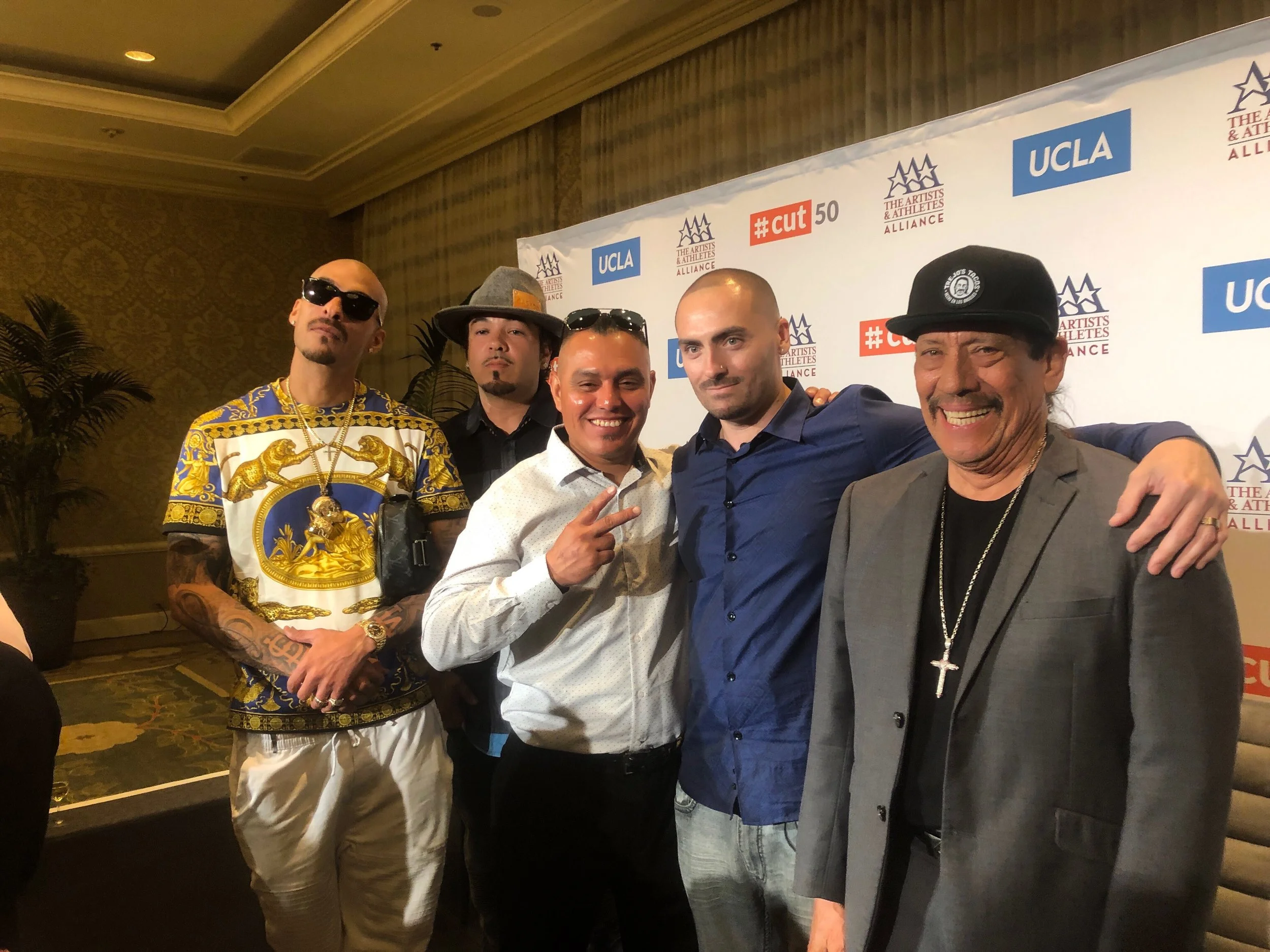
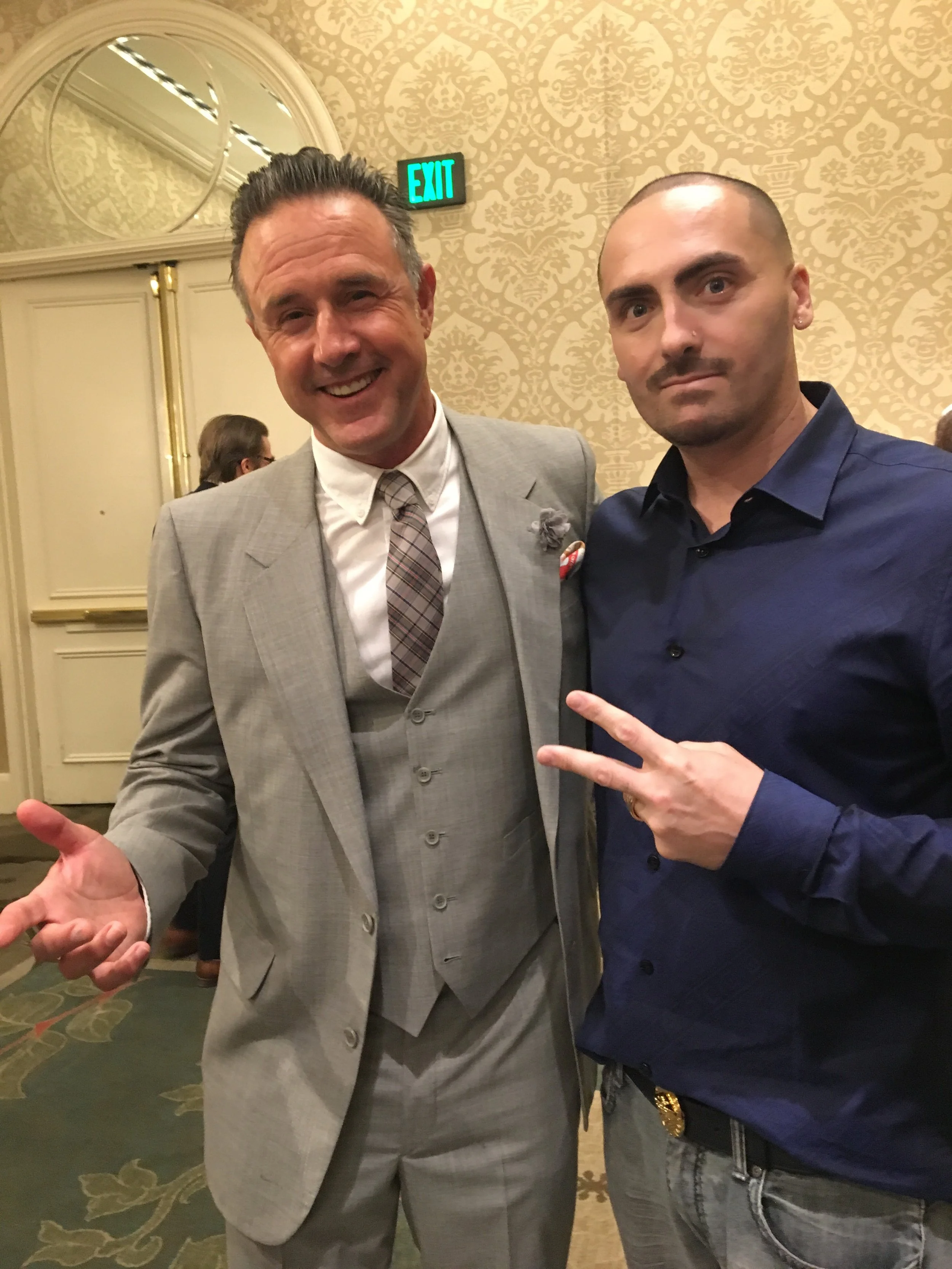
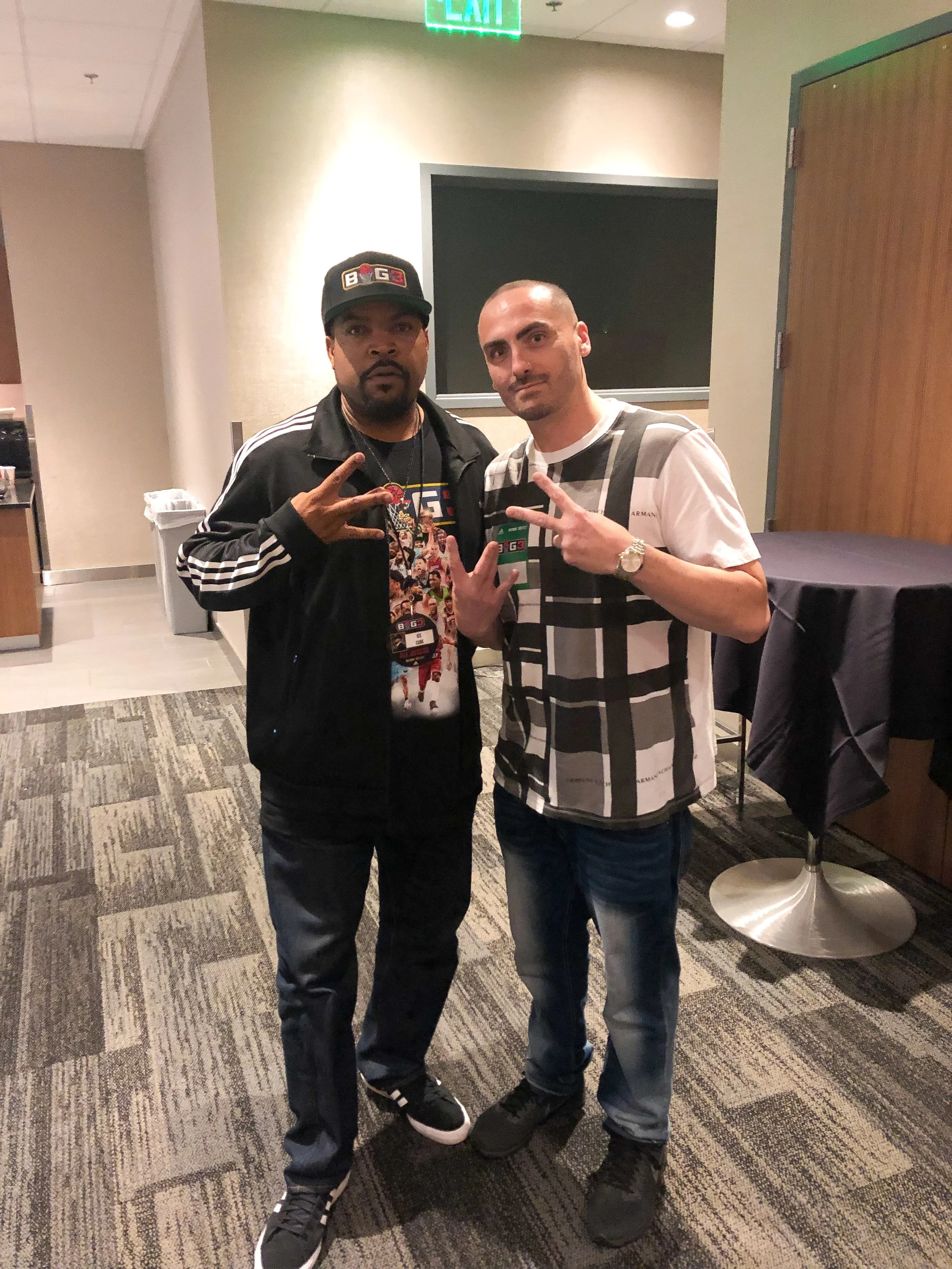




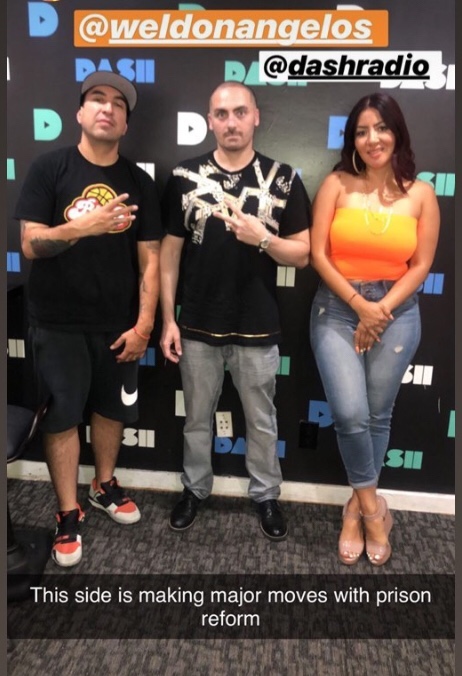


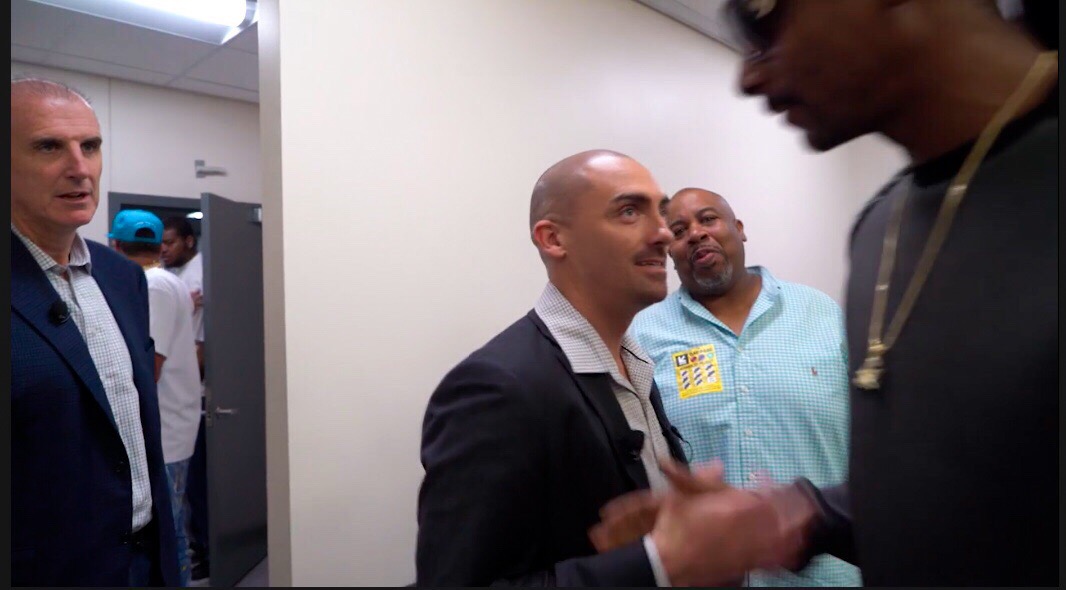

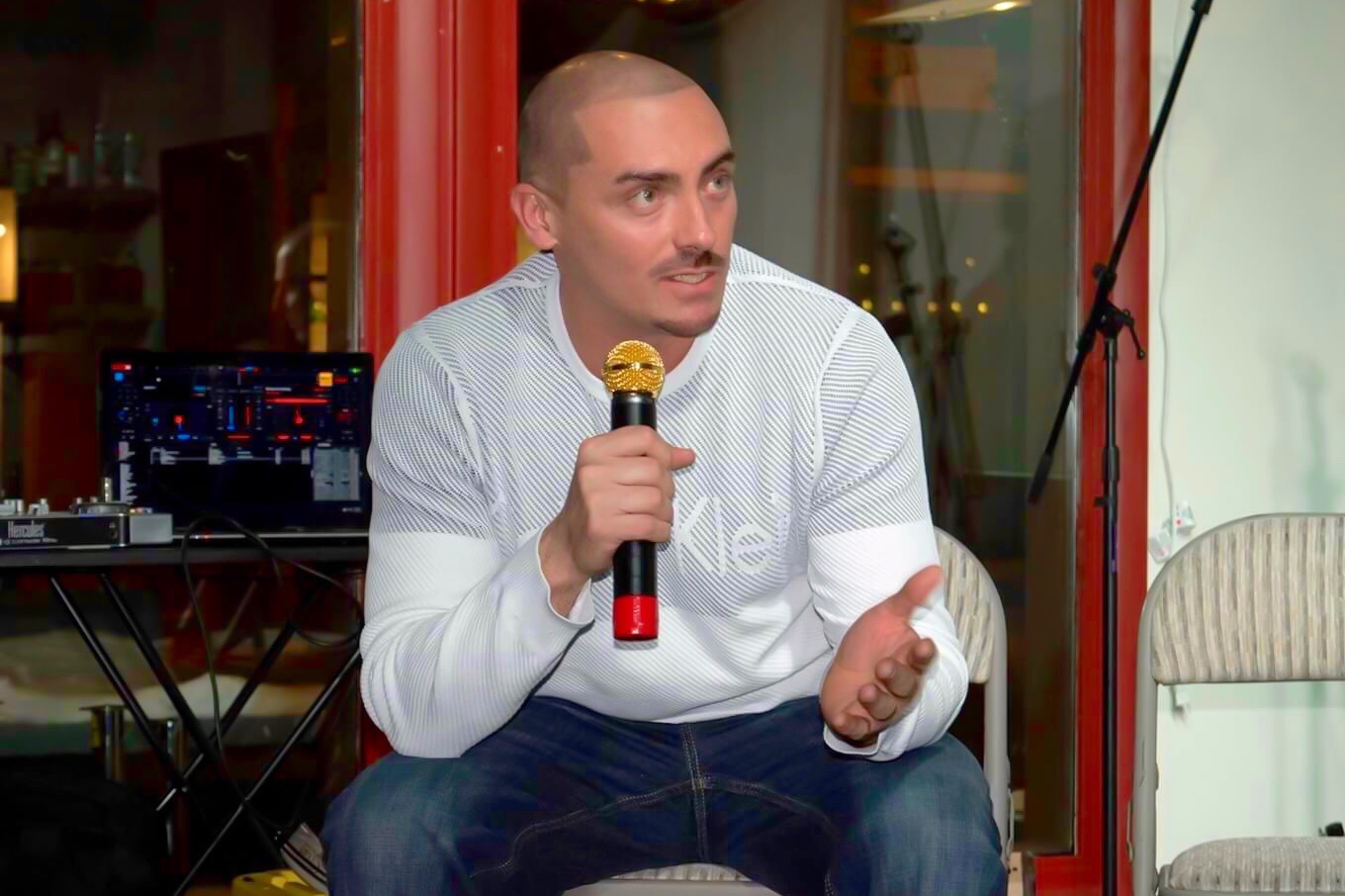



White House
Prison Reform Summit



TMZ
Rep. Troy Carter outside the White House

TMZ
White House Meeting

Senate Hearing

TMZ
White House clemency event

With U.S. Pardon Attorney

SXSW


With Snoop Dogg 2021

White House
